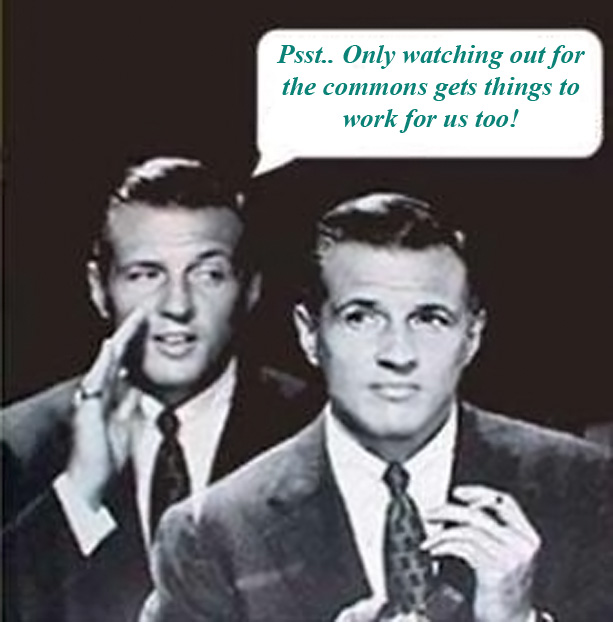This is a companion article to the proposed commons based institutions: A new economic paradigm: The next big challenge and Budgeting for “the commons” needs business “ecobalance” sheets.
To transform the economy to become self-regulating will require our learning how to make accurate physical measurements of our environmental impacts, and associate them with the dollars spent that paid for them. That’s not yet being done, far from it.
Nature builds economies with whole working parts: people, businesses, independent service providers, etc.,. They only deliver their products if all their parts work together, like machines and operators making a working unit. Our traditional measurement methods have just ignored that arrangement of the natural world. Understand our impacts we need our units of measure to match nature’s units of organization, otherwise our errors of measurement become extreme.
The following short article was submitted for the June 1 “Energy” issue of the UNCSD Rio Outreach Forum, but too technical for those discussions.
__________
It would seem odd, wouldn’t it,… to not count the charcoal used for a family barbeque in its energy use, because a neighbor brought the grilled burgers and vegetables over from their yard…? That’s almost exactly what happens when businesses don’t count the energy used by their outsourced services.
They’re treated as having no demand on nature, according to the ISO 14000 and LCA rules. The real error is evident comparing estimates by the normal rules with the global average and finding nearly all of them far below average, a sign of missing data.
The true totals show dramatically higher levels of real impacts for business
compared with estimates using the standard method people are using
My recent scientifically recognized paper, Systems Energy Assessment (SEA) (1) shows a corrected method, but making sense of such a big error is still a problem. It’s evidently exposing some enormous blind spot(s). The new method used my work on how economies naturally work, with businesses and their services working as individual self- organized units. That’s the critical insight that allowed making a closed account with the parts adding up to the total. Continue reading Our curious missmeasure of impacts (and silver linings)

